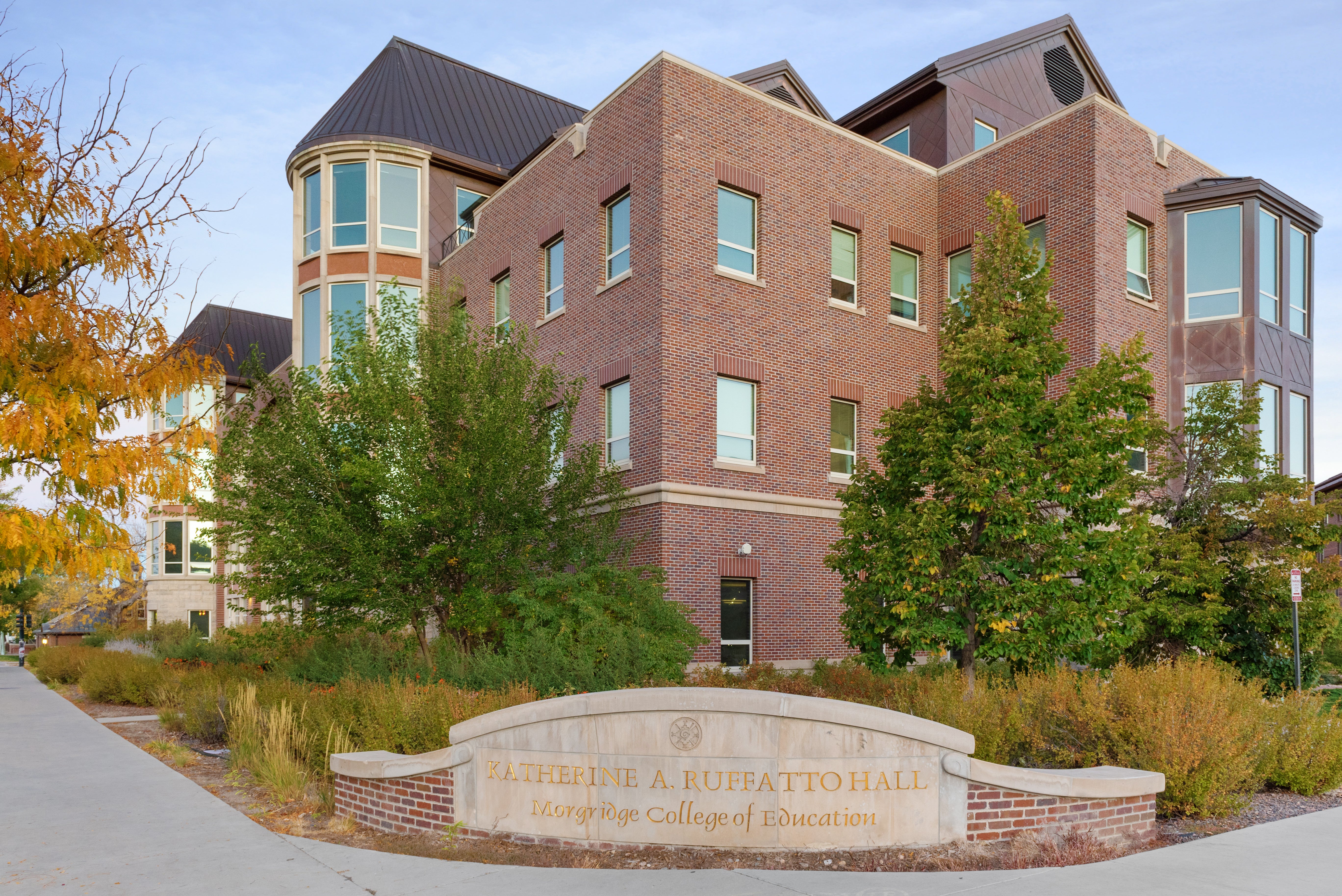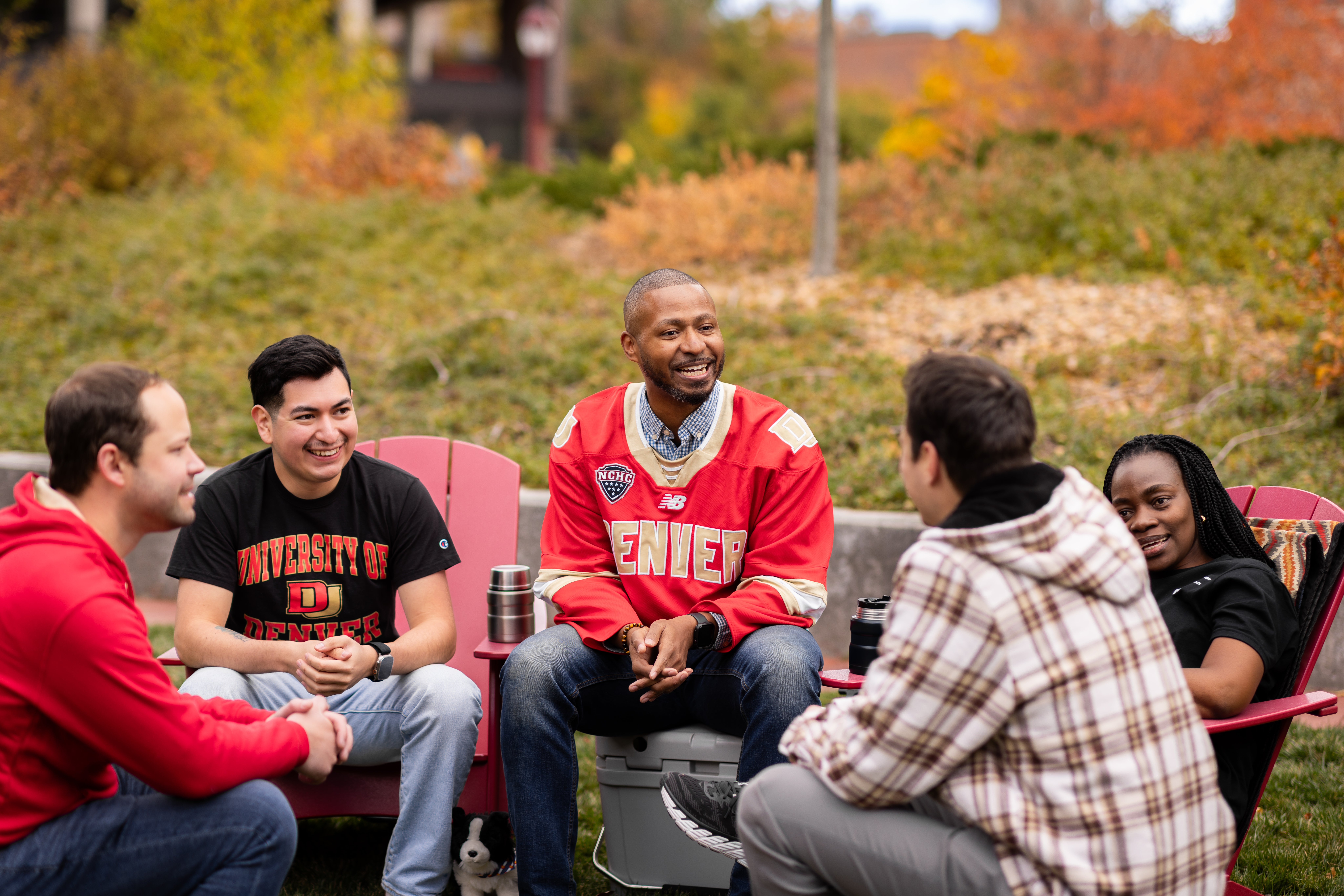Land Acknowledgement
We would like to recognize that the University of Denver and the greater city of Denver reside within the traditional territories of Hinonoeino (Arapaho), Tsitsista (Cheyenne), and Nunt'zi (Ute). We recognize the descendant communities of the Northern Cheyenne Tribe of Montana, the Northern Arapaho Tribe of Wyoming, the Southern Cheyenne and Arapaho Tribes of Oklahoma, the Southern Ute Indian Tribe, and the Ute Mountain Ute Tribe. We also acknowledge that over 40 different Indigenous nations continue to be in relation with the lands currently called Colorado.
Denver is home to many different citizens of Indigenous nations, and we recognize their enduring presence on this land by paying respects to their elders, both past and present. Please take a moment to consider the legacies of violence, displacement, migration, and resettlement that bring us together today and please join us in uncovering such truths at all public events. Now is the time to reflect upon and personally reconcile how the genocidal acts against Indigenous communities intersect with our learning, collaboration, and sharing of knowledge.
Resources
The John Evans Report & Recommendations
This report is the outcome of a yearlong inquiry by the University of Denver John Evans Study Committee, a volunteer group of faculty, outside historians, descendant community representatives, and students and alumni representing the DU Native American community, into the role of the University of Denver’s founder in the Sand Creek Massacre of November 29, 1864.
DU's Native American and Indigenous Initiatives
Learn about the University of Denver Native American Community Advisory Board (NACAB), The Native Student Alliance (NSA), the Native American Student Scholarship Fund, and much more.


